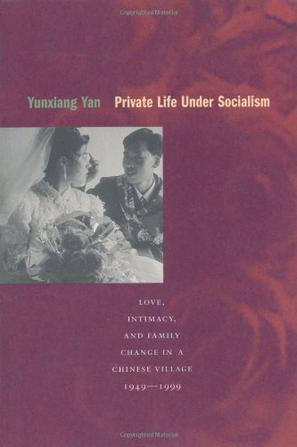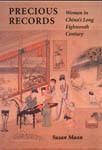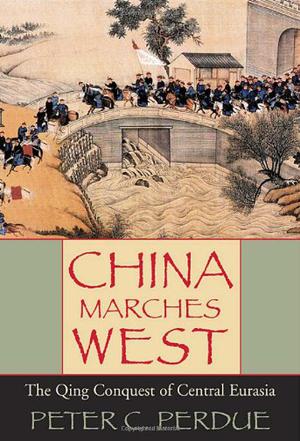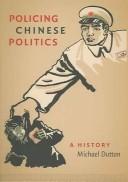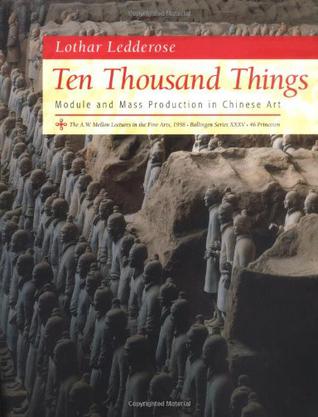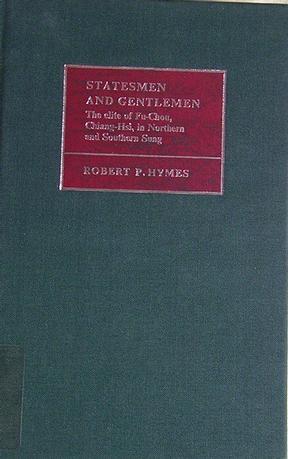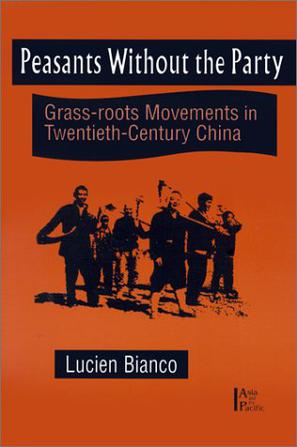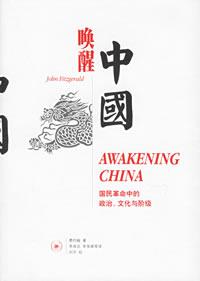欢迎来到相识电子书!
标签:列文森中国研究书籍奖
-
China Marches West
From about 1600 to 1800, the Qing empire of China expanded to unprecedented size. Through astute diplomacy, economic investment, and a series of ambitious military campaigns into the heart of Central Eurasia, the Manchu rulers defeated the Zunghar Mongols, and brought all of modern Xinjiang and Mongolia under their control, while gaining dominant influence in Tibet. The China we know is a product of these vast conquests. Peter C. Perdue chronicles this little-known story of China’s expansion into the northwestern frontier. Unlike previous Chinese dynasties, the Qing achieved lasting domination over the eastern half of the Eurasian continent. Rulers used forcible repression when faced with resistance, but also aimed to win over subject peoples by peaceful means. They invested heavily in the economic and administrative development of the frontier, promoted trade networks, and adapted ceremonies to the distinct regional cultures. Perdue thus illuminates how China came to rule Central Eurasia and how it justifies that control, what holds the Chinese nation together, and how its relations with the Islamic world and Mongolia developed. He offers valuable comparisons to other colonial empires and discusses the legacy left by China’s frontier expansion. The Beijing government today faces unrest on its frontiers from peoples who reject its autocratic rule. At the same time, China has launched an ambitious development program in its interior that in many ways echoes the old Qing policies. China Marches West is a tour de force that will fundamentally alter the way we understand Central Eurasia. -
Policing Chinese Politics
Beginning with the bloody communist purges of the Jiangxi era of the late 1920s and early 1930s and moving forward to the wild excesses of the Cultural Revolution, Policing Chinese Politics explores the question of revolutionary violence and the political passion that propels it. “Who are our enemies, who are our friends, that is a question germane to the revolution,” wrote Mao Zedong in 1926. Michael Dutton shows just how powerful this one line was to become. It would establish the binary division of life in revolutionary China and lead to both passionate commitment and revolutionary excess. The political history of revolutionary China, he argues, is largely framed by the attempts of Mao and the Party to harness these passions. The economic reform period that followed Mao Zedong’s rule contained a hint as to how the magic spell of political faith and commitment could be broken, but the cost of such disenchantment was considerable. This detailed, empirical tale of Chinese socialist policing is, therefore, more than simply a police story. It is a parable that offers a cogent analysis of Chinese politics generally while radically redrafting our understanding of what politics is all about. Breaking away from the traditional elite modes of political analysis that focus on personalities, factions, and betrayals, and from “rational” accounts of politics and government, Dutton provides a highly original understanding of the far-reaching consequences of acts of faith and commitment in the realm of politics. -
Ten Thousand Things
Chinese workers in the third century b.c. created seven thousand life-sized terracotta soldiers to guard the tomb of the First Emperor. In the eleventh century a.d., Chinese builders constructed a pagoda from as many as thirty thousand separately carved wooden pieces. In the seventeenth and eighteenth centuries, China exported more than a hundred million pieces of porcelain to the West. As these examples show, the Chinese throughout history have produced works of art in astonishing quantities - and have done so without sacrificing quality, affordability, or speed of manufacture. How have they managed this? Lothar Ledderose takes us on a remarkable tour of Chinese art and culture to explain how artists used complex systems of mass production to assemble extraordinary objects from standardized parts or modules. As he reveals, these systems have deep roots in Chinese thought - in the idea that the universe consists of ten thousand categories of things, for example - and reflect characteristically Chinese modes of social organization. Ledderose begins with the modular system par excellence: Chinese script, an ancient system of fifty thousand characters produced from a repertoire of only about two hundred components. He shows how Chinese artists used related modular systems to create ritual bronzes, to produce the First Emperor's terracotta army, and to develop the world's first printing systems. He explores the dazzling variety of lacquerware and porcelain that the West found so seductive, and examines how works as diverse as imperial palaces and paintings of hell relied on elegant variation of standardized components. Ledderose explains that Chinese artists, unlike their Western counterparts, did not seek to reproduce individual objects of nature faithfully, but sought instead to mimic nature's ability to produce limitless numbers of objects. He shows as well how modular patterns of thought run through Chinese ideas about personal freedom, China's culture of bureaucracy, Chinese religion, and even the organization of Chinese restaurants. Originally presented as a series of Mellon lectures at the National Gallery of Art, "Ten Thousand Things" combines keen aesthetic and cultural insights with a rich variety of illustrations to make a profound new statement about Chinese art and society. -
Statesmen and Gentlemen
Statesmen and Gentlemen is an important study of the way in which, during the twelfth- and thirteenth-centuries, China's ruling meritocracy was transformed into a locally rooted elite whose principal aim was the consolidation of their power, wealth and influence on a local as opposed to a national and dynastic basis. Professor Hymes offers a remarkable picture of the institutional and social changes this process entailed, but he also examines in detail the subtle ways in which the elite's perception of itself and its social role changed and it came to offer powerful support to local self-defence, social welfare, religious cults and temple-building. -
唤醒中国
《唤醒中国:国民革命中的政治、文化与阶级》这部富有创见的著作首次将中国之觉醒再现于人们眼前,并把该问题置于近代中国之崛起这一大背景中加以论述。《唤醒中国:国民革命中的政治、文化与阶级》分析了中国的觉醒与中国人民的觉醒之间的联系,前者是一种历史表述,后者乃是建立了一个独立的主权国家的政治技巧。作者试图告诉读者,当我们说中国在20世纪像“睡狮醒来”时,我们究竟在表达什么意思。
热门标签
下载排行榜
- 1 梦的解析:最佳译本
- 2 李鸿章全传
- 3 淡定的智慧
- 4 心理操控术
- 5 哈佛口才课
- 6 俗世奇人
- 7 日瓦戈医生
- 8 笑死你的逻辑学
- 9 历史老师没教过的历史
- 10 1分钟和陌生人成为朋友

